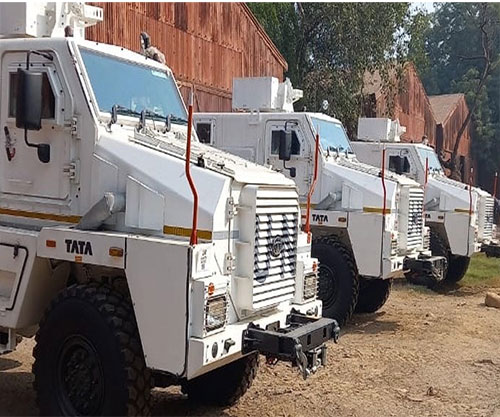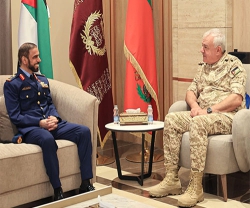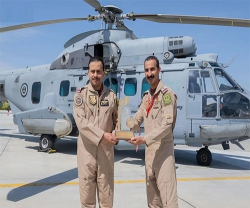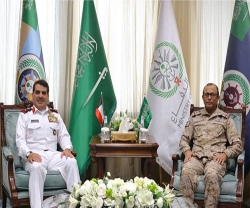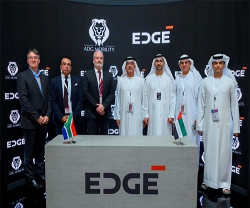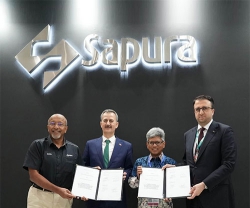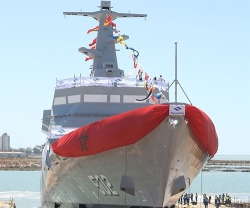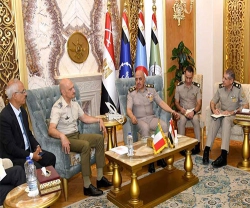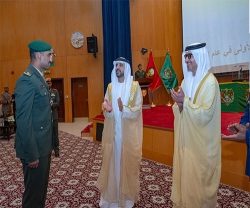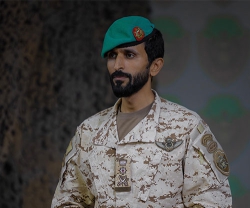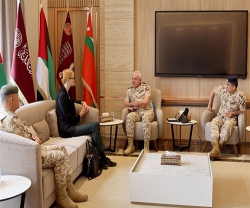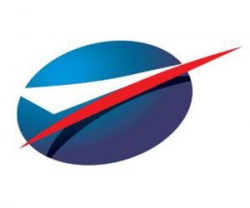Indian troops deployed in Lebanon as part of the United Nations Interim Force in Lebanon (UNIFIL) received Indian-manufactured Quick Reaction Force (QRF) vehicles for the first time.
The vehicles, produced by Tata Motors, are scheduled to reach the Indian battalion on Army Day, which will be observed on January 15.
The QRF vehicles are designed for mobility and protection, enabling quick troop deployment in response to threats. They will be used for patrolling, safeguarding personnel, and supporting humanitarian operations. Their addition is expected to enhance the operational capacity of Indian peacekeepers in Lebanon.
The fleet includes High Mobility Troop Carriers, Utility Vehicles (1 Ton and 2.5 Ton), Medium and Light Ambulances, Fuel Bowsers, and Recovery Vehicles, Indian Defence Research Wing reported.
The vehicles were dispatched last year by sea, reflecting India’s focus on modernising its contributions to UN peacekeeping missions. India has contributed over 287,000 troops to peacekeeping efforts since the UN’s inception.
Previously, Indian troops in the UN peacekeeping mission relied on UN-supplied vehicles sourced from other nations. With the introduction of these domestically produced vehicles, the Indian battalion will now operate on durable, homegrown platforms, reflecting India’s commitment to self-reliance and its expanding defense manufacturing capabilities on a global scale.
Currently, 900 Indian troops in Lebanon operate Swedish Sisu vehicles, provided under the United Nations’ dry lease arrangement. Under this system, the UN supplies equipment, including vehicles and weapons, while the contributing nation provides personnel. On other missions, Indian battalions often operate under a wet lease arrangement, bringing their own equipment, according to India Today.
UNIFIL was established in 1978 by the United Nations to confirm the withdrawal of Israeli forces from Lebanon, restore peace and security, and assist the Lebanese government in regaining authority in the region. Over the years, its mandate has evolved to include monitoring the cessation of hostilities, supporting the Lebanese Armed Forces, and ensuring humanitarian access to civilian populations.
India has been a significant contributor to UNIFIL, consistently providing troops and resources to the mission. Indian peacekeepers have been praised for their professionalism, dedication, and contributions to maintaining peace and stability in the region. The deployment of indigenous vehicles further reinforces India’s commitment to supporting UN peacekeeping operations and highlights its growing role as a leader in global peacekeeping efforts. (Indian Defence Research Wing; India Today; Photo © Indian Defence Research Wing/Tata Motors)

